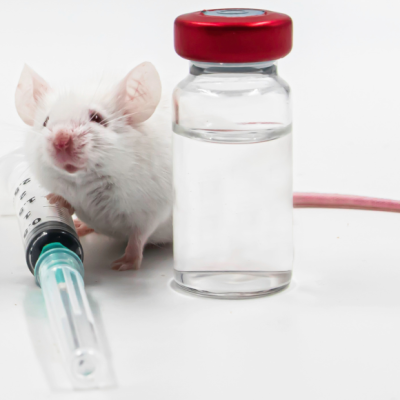Scientists are investigating whether sleep disorders could be an early indicator of Alzheimer’s disease. Researchers at the Washington University School of Medicine have found a link between shortened sleep times and Alzheimer’s in mice. The team observed frequent sleep disturbances and significant changes in the sleep-wake cycle in mice before the onset of dementia. If sleep disorders are also found to be an indicator of Alzheimer’s in humans, it could help doctors and researchers develop new therapies. The earlier Alzheimer’s is diagnosed, the greater the chances of successful treatment. However, further research is needed to determine whether sleep disorders occur in humans who have the typical beta-amyloid protein deposits in the brain but no symptoms of dementia.
The researchers primarily worked with genetically modified mice that develop the typical beta-amyloid protein deposits, known as plaques, in the brain as they age. Previous studies on mice have shown that the concentration of plaques increases during wakefulness and is reduced during sleep. The same fluctuations in plaque concentration have been observed in healthy humans. The researchers found that sleep disorders and subsequent changes in the sleep-wake cycle of nocturnal animals result in a minimal reduction in plaque levels during sleep. The plaques may disrupt natural sleep patterns, preventing their breakdown during sleep. Mice treated with a vaccine that prevents the formation of soluble plaques in the brain showed no changes in plaque levels even in old age.
The challenge in translating these findings to humans is that sleep patterns and quality change with age. Additionally, sleep disorders could manifest as changes in sleep duration or minor nighttime interruptions. Another type of sleep disorder is also possible. Further research is needed to determine whether sleep disorders are a reliable indicator of Alzheimer’s in humans. If so, early diagnosis could lead to more effective treatment and prevention of the disease.










